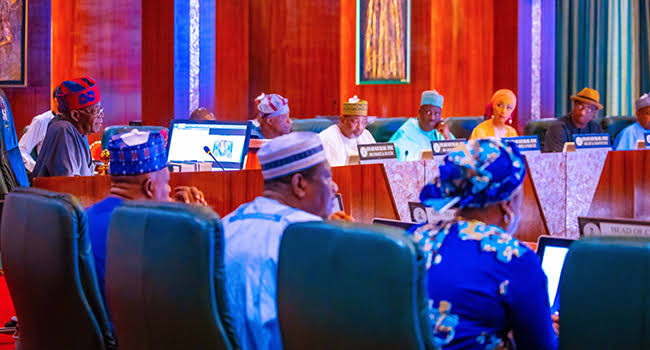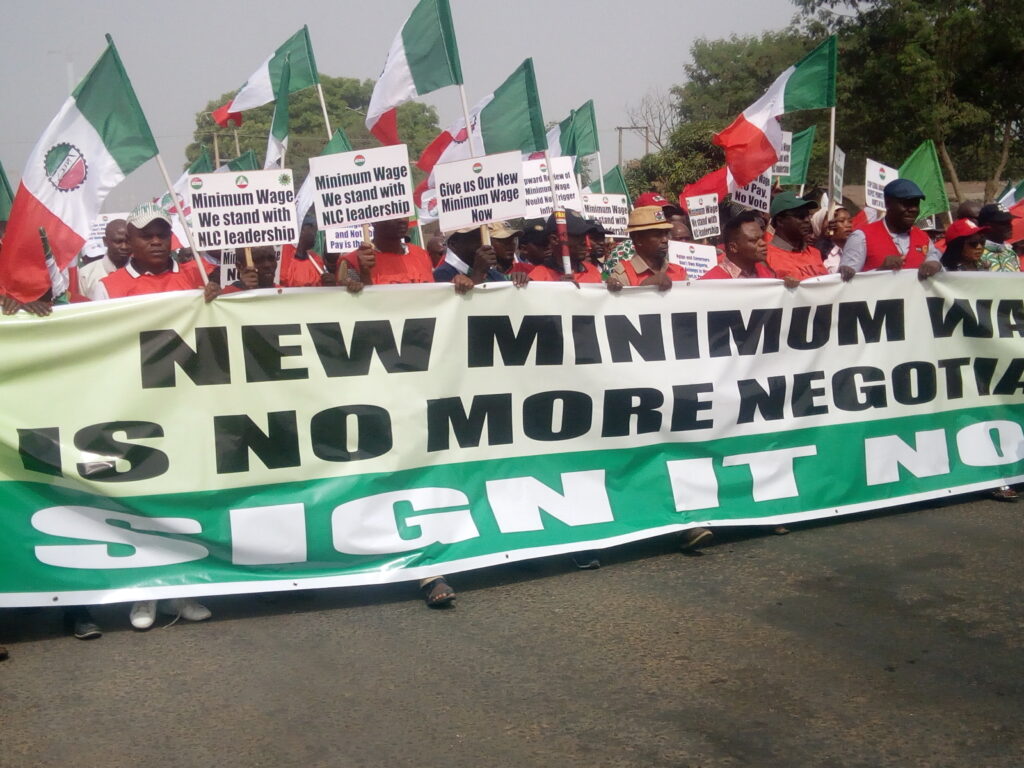Nigeria’s governing framework puts a lot of responsibility on the federal government. As a result, citizens do not actively seek transparency and accountability from public offices in lower tiers. With most of the blame for the country’s current state being apportioned to the federal government, state and local governments are often left unscorched by the cries for a working system.
The Constitution of the Federal Republic of Nigeria (CFRN), 1999 (as amended) actively provides for the distribution of powers among the levels of government: federal, state and local governments. Although the federal government does shoulder much responsibility, state and local governments also play crucial roles. Most powers required for grassroot development are hinged on these governments. The powers of the federal and state governments are provided in the second schedule of the Constitution, parts 1 and 2, respectively.
The items listed in the exclusive list (federal government) are broad state matters such as the creation of states, defence, banking, immigration, diplomatic affairs, etc. The concurrent list provides a list of items on which the federal and state governments can make laws. Some of these items are collecting taxes, electoral laws, electric power, scientific and technological research, technological and post-primary education, health and social welfare, etc. The fourth schedule of the Constitution provides the functions of local government councils, the residual list. Under President Muhammadu Buhari’s administration, changes were made to the exclusive and concurrent lists. Railway services, electricity generation, transmission and distribution were moved from the exclusive list to the concurrent list to fast-track development in those sectors.
Nigeria, with its diverse population and complex governance structure, relies on effective and accountable state and local governments to address the needs of its citizens. However, the persistent challenges of corruption, lack of transparency, and weak enforcement mechanisms have raised concerns about the accountability of these governments. According to the Center for Democracy and Development (CDD), less than 24 states conduct elections at the local government levels, and 14 states have appointed caretaker committees to head local affairs. The undemocratic nature by which most of these persons come to be in power assures a definite lack of accountability and laxity in performing essential duties.
The state and local governments are pivotal in attaining the growth the country is striving for. The ongoing push in the legislature for establishing state police emphasises the need for state accountability. Without platforms demanding transparency of operations and accountability from these levels of government, the goal of federalism will never be attained.
The CFRN 1999 (as amended) provides a basis for governance, while local government autonomy and the Fiscal Responsibility Act outline specific measures for financial management. The effectiveness of these laws in promoting accountability requires scrutiny. Anti-corruption agencies such as the Economic and Financial Crimes Commission (EFCC) and the Independent Corrupt Practices and Other Related Offences Commission (ICPC) are pivotal in holding public officials accountable.
Equally important as holding the state and local governments accountable for corruption is demanding accountability for their inactions. Section 14 (2b) of the CFRN 1999 (as amended) states that the security and welfare of the people shall be the primary purpose of the government. No level of government is exempt from this provision. The failure of local governments to perform primary functions such as providing healthcare and educational facilities, social services and welfare, etc., should be taken into account by civil societies and anti-corruption agencies.
The question of local government autonomy is critical to empowering local administrations. Enhancing transparency, such as open budgeting, financial reporting, and e-government initiatives, can significantly contribute to accountability. The accountability of state and local governments in Nigeria is a multifaceted challenge that requires comprehensive and collaborative solutions. By addressing corruption, strengthening legal frameworks, promoting local government autonomy, and encouraging transparency initiatives, Nigeria can pave the way for a more accountable and responsive governance system. The time is ripe for a concerted effort from government institutions, civil society, and citizens to ensure Nigeria’s brighter and more accountable future.



